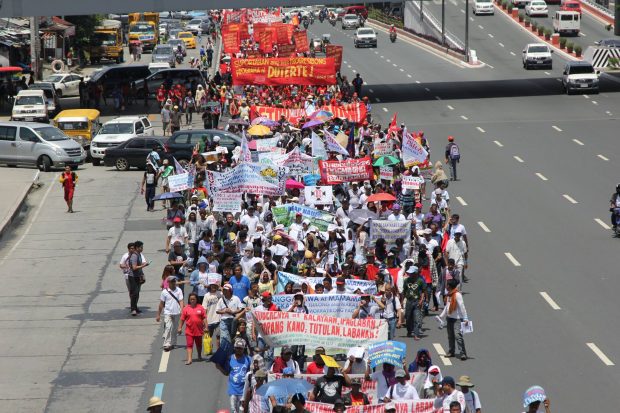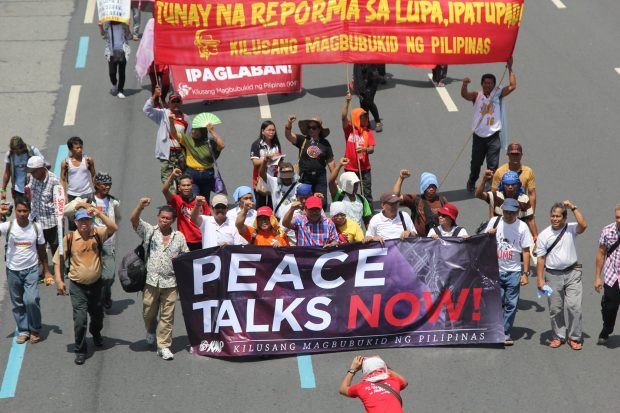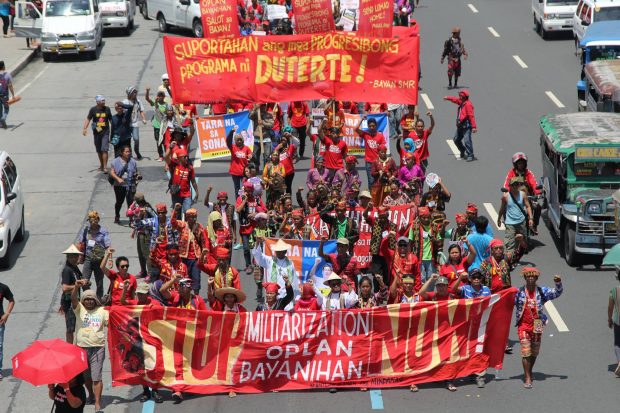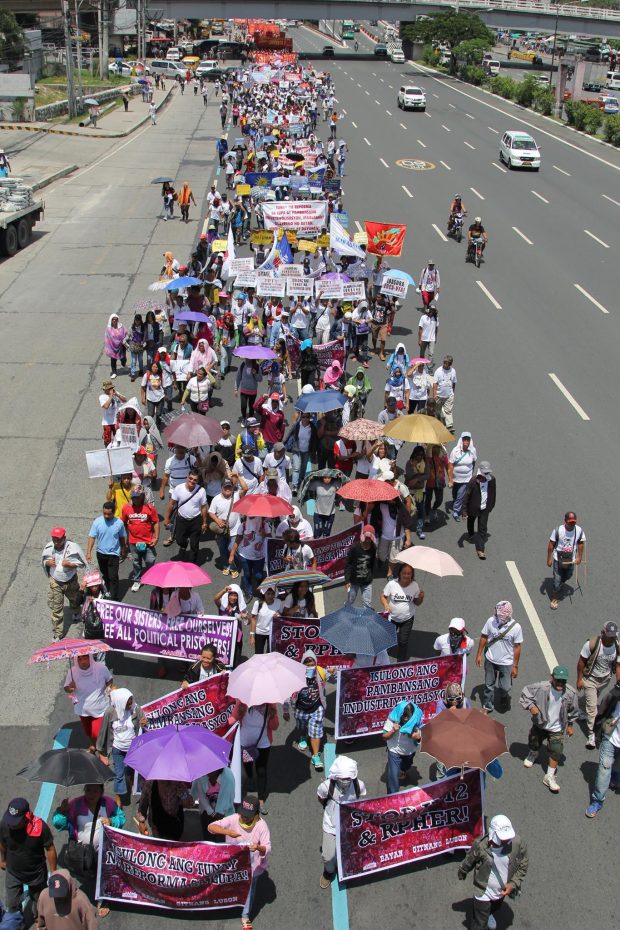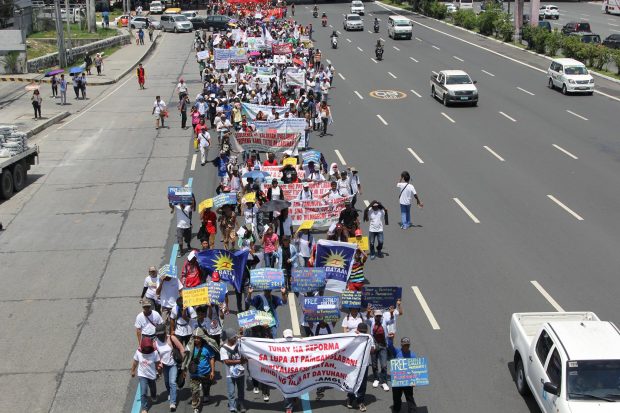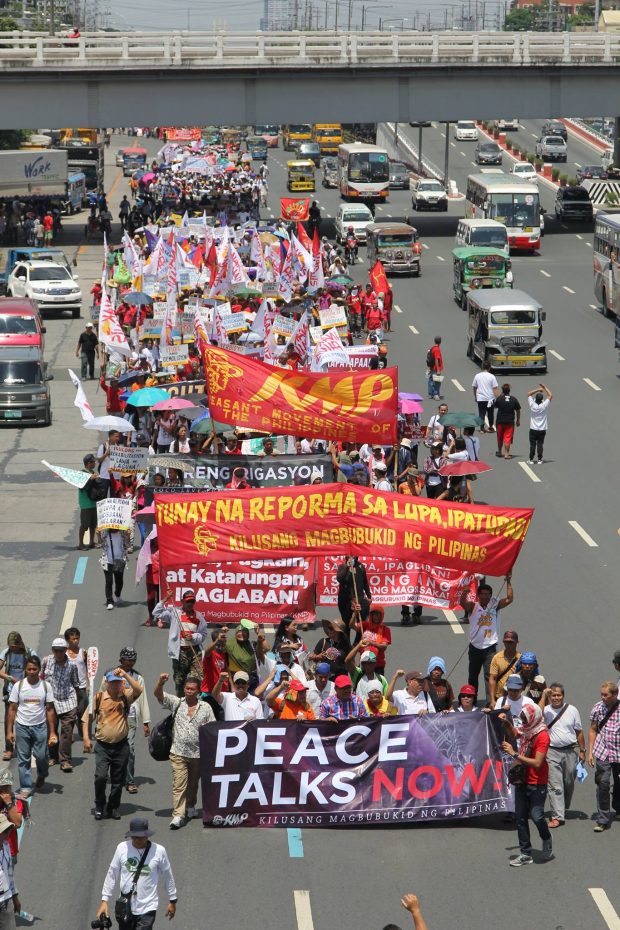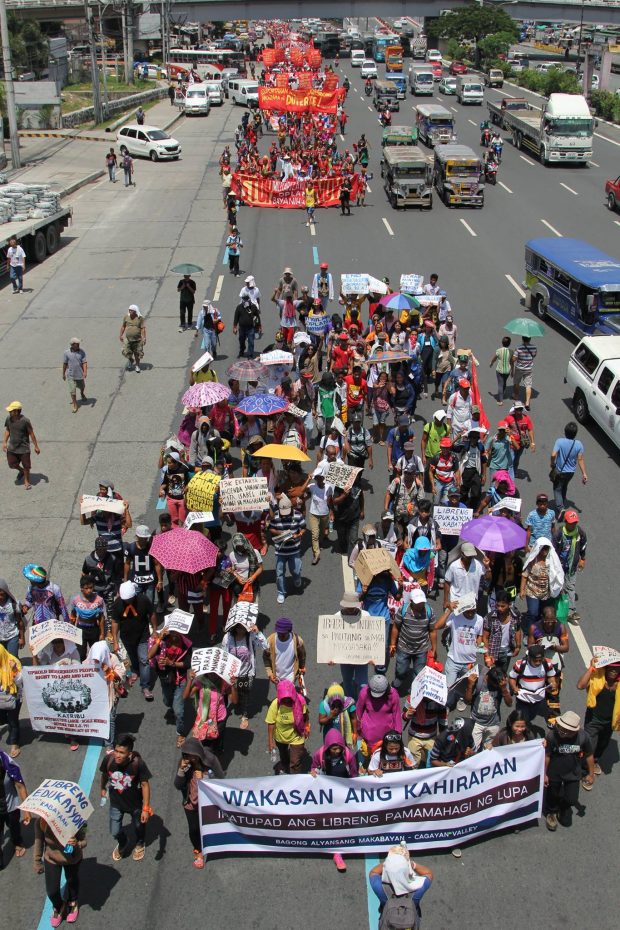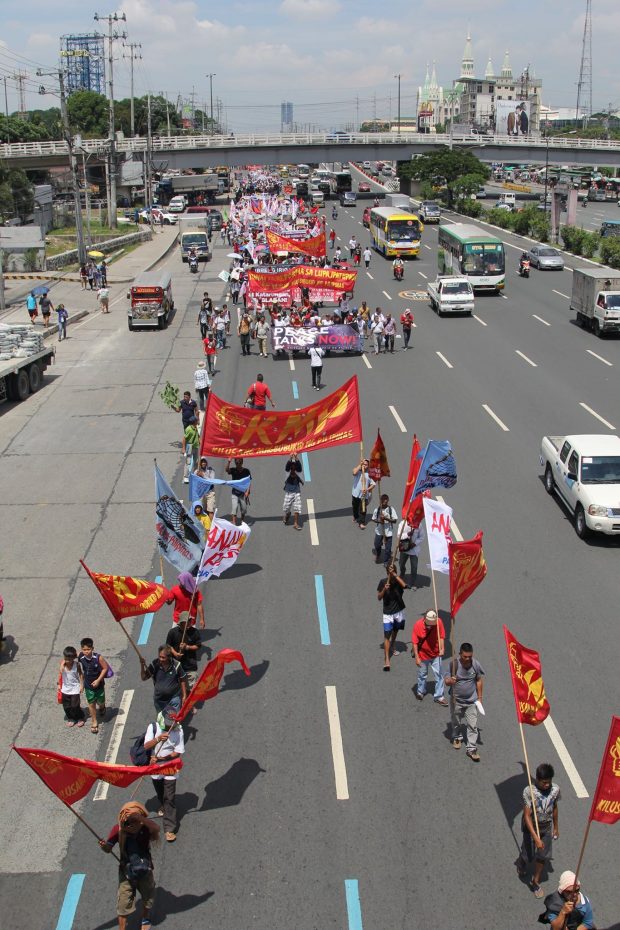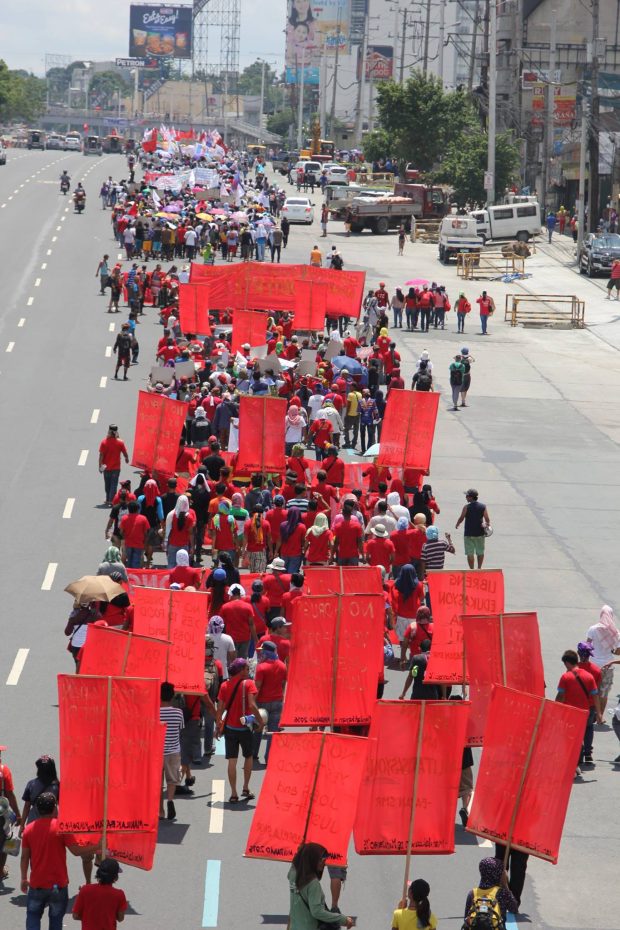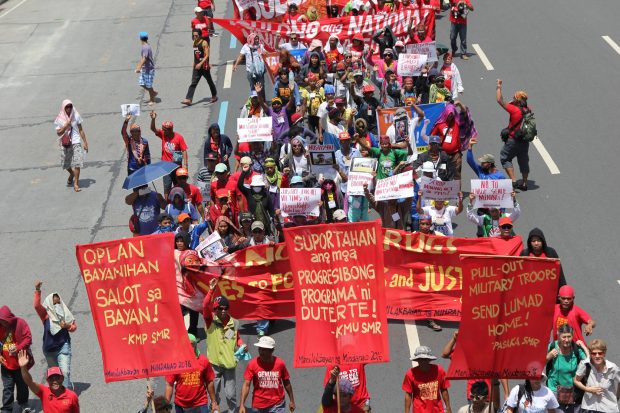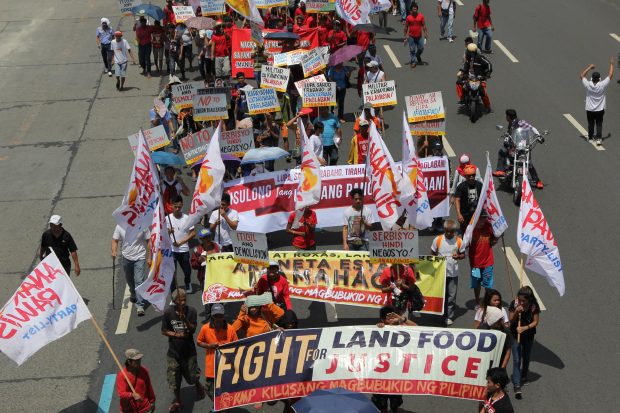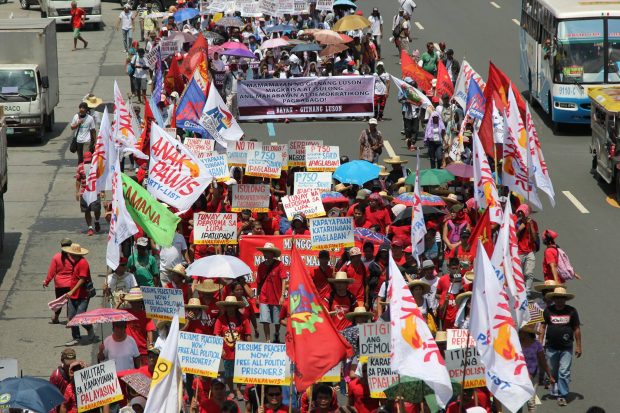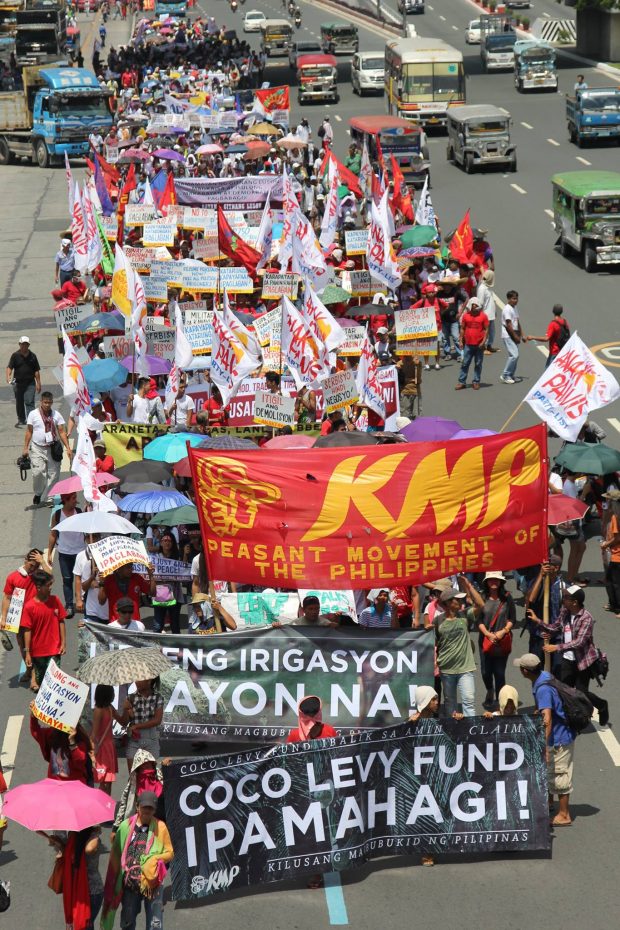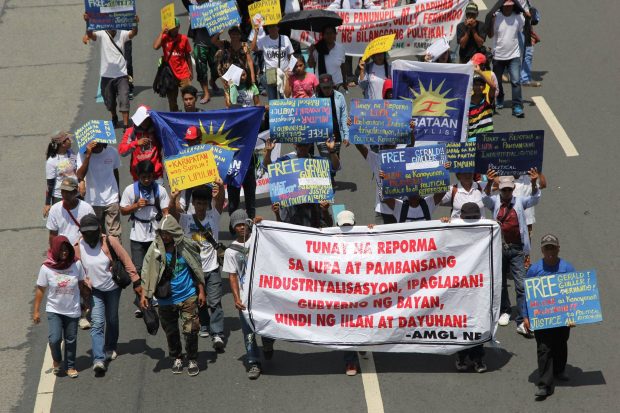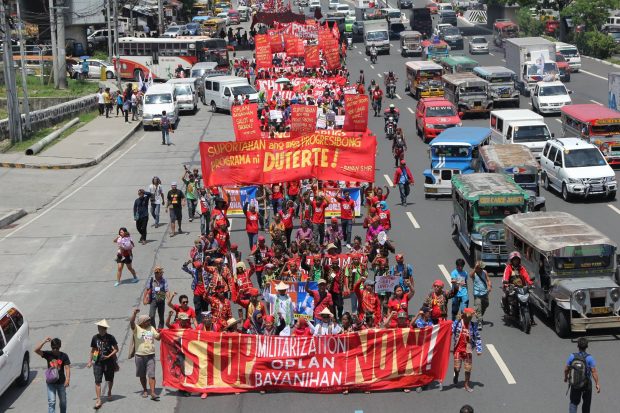‘Historic’ peace talks end successfully with 6 agreements; panels agree to meet again in October
OSLO, Norway—The National Democratic Front of the Philippines (NDFP) and the Government of the Republic of the Philippines (GRP) signed six major agreements at the end of their five-day “friendly and cordial” formal peace talks.
The negotiations ended as it began–with laughter and banter that reflected “historic and unprecedented” achievements:
- Reaffirmation of previously-signed agreements;
- Reconstitution of NDFP’s list of Joint Agreement on Safety and Immunity Guarantees (JASIG)-protected personnel;
- Acceleration of the peace negotiations with a set timeline for the three remaining substantive agenda—socio-economic reforms, political and constitutional reforms, and cessation of hostilities and disposition of forces;
- Release of political prisoners in pursuit of peace and in due consideration of the JASIG;
- The GRP will recommend to President Rodrigo Duterte the issuance of an amnesty proclamation of NDFP-listed political prisoners, including those convicted for their political beliefs, subject to concurrence of Congress; and
- The Communist Party of the Philippines will declare a new indefinite unilateral ceasefire by the New People’s Army and the People’s Militias effective August 28 in response to Duterte’s indefinite and unilateral ceasefire which took effective August 21.
The GRP and NDFP panels also agreed to meet again for the second round of formal talks on October 8-12 in Oslo, Norway.
Both panels said their new agreements reversed the frustrations of the past 15 years and put the peace process back on track.
Duterte’s direct hand
Both panels credited Duterte’s “brave and unique” approach to peace-building for the success of the first round of talks.
“We cannot achieve this successful and very significant step forward in the peace negotiations without the strong commitment of President Rodrigo Roa Duterte, and the spirit of goodwill and friendliness of our counterparts,” said Luis Jalandoni, Chair of the NDFP Negotiating Panel, in his closing statement.
“Not only has President Duterte walked the extra mile. He has also taken a step back to give the NDF space under his democratic and inclusive government,” Presidential Adviser on the Peace Process Jesus Dureza for his part said.
NDFP panel member said Coni Ledesma said that the talks reflected the Duterte government’s determination to seek peace through negotiations with CPP, NPA and the NDFP.
“It is like black to white. Malaki ang kaibahan ng Duterte administration sa mga nakaraang rehimen,” Ledesma said.
What went before
Previous GRP panels under the Gloria Macapagal-Arroyo and Benigno Aquino governments failed in reaching as many agreements with the NDFP in their formal talks in 2004 and 2011, respectively.
While the Duterte government’s peace panel agreed with the NDFP to reaffirm all 10 major agreements forged under the Fidel Ramos and Joseph Estrada governments, the Arroyo and Aquino governments sought to dismiss them.
Teresita Deles, peace adviser to both the Arroyo and Aquino, was reported to have said that The Hague Joint Declaration is “a document of perpetual division” while immediate past GRP panel head Alexander Padilla wanted a new track separate from the declaration.
Deles has also reportedly petitioned the Royal Norwegian Government, third party facilitator to the peace negotiations, to stop funding the GRP-NDFP Joint Secretariat of the JMC-CARHRIHL.
Vital participation of consultants and advisers
At this morning’s closing ceremony, both panels acknowledged each other’s consultants and advisers who directly participated in the formal talks.
Sixteen NDFP consultants recently released from various prisons across the Philippines were able to join the negotiations.
Also released but failed to join the talks were Loida Magpatoc and couple Alex and Winona Birondo. The Birondos have yet to secure their passports from the Department of Foreign Affairs while Magpatoc is still on her way to Europe from Manila.
Not released in time for the first round of talks were political detainees Renato Baleros Sr. and Edgardo Friginal.
The NDFP are also asking for the immediate release of convicted consultants Emeterio Antalan, Leopoldo Caloza and Eduardo Sarmiento from The National Penitentiary in Muntinlupa City.
The GRP for its part presented Tarlac congressman Victor Yap as its panel adviser for the House of Representatives while Quezon City and Angeles City mayors Herbert Bautista and Edgardo Pamintuan, respectively, were presented as peace advisers for local government units.
Historical
GRP negotiating panel chair Silvestre Bello III thanked the NDFP for its patience and candidness and said he is looking forward to forging a final peace agreement with their counterparts.
NDFP chief political consultant Jose Maria Sison added that the closing of the first round of talks is historical.
“Maluwag ang pagtanggap ng parehong panig sa paninindigan ng bawat isa. Parehong naghanap ng mapagkaka-isahan,” Sison said.
As the closing ceremony concluded, both panels, their consultants-advisers and respective staff sang the ‘Happy Birthday’ song for newly-released NDFP Consultant for Panay Concha Araneta-Bocala who is celebrating her 66th birthday today. # (Raymund B. Villanueva)

